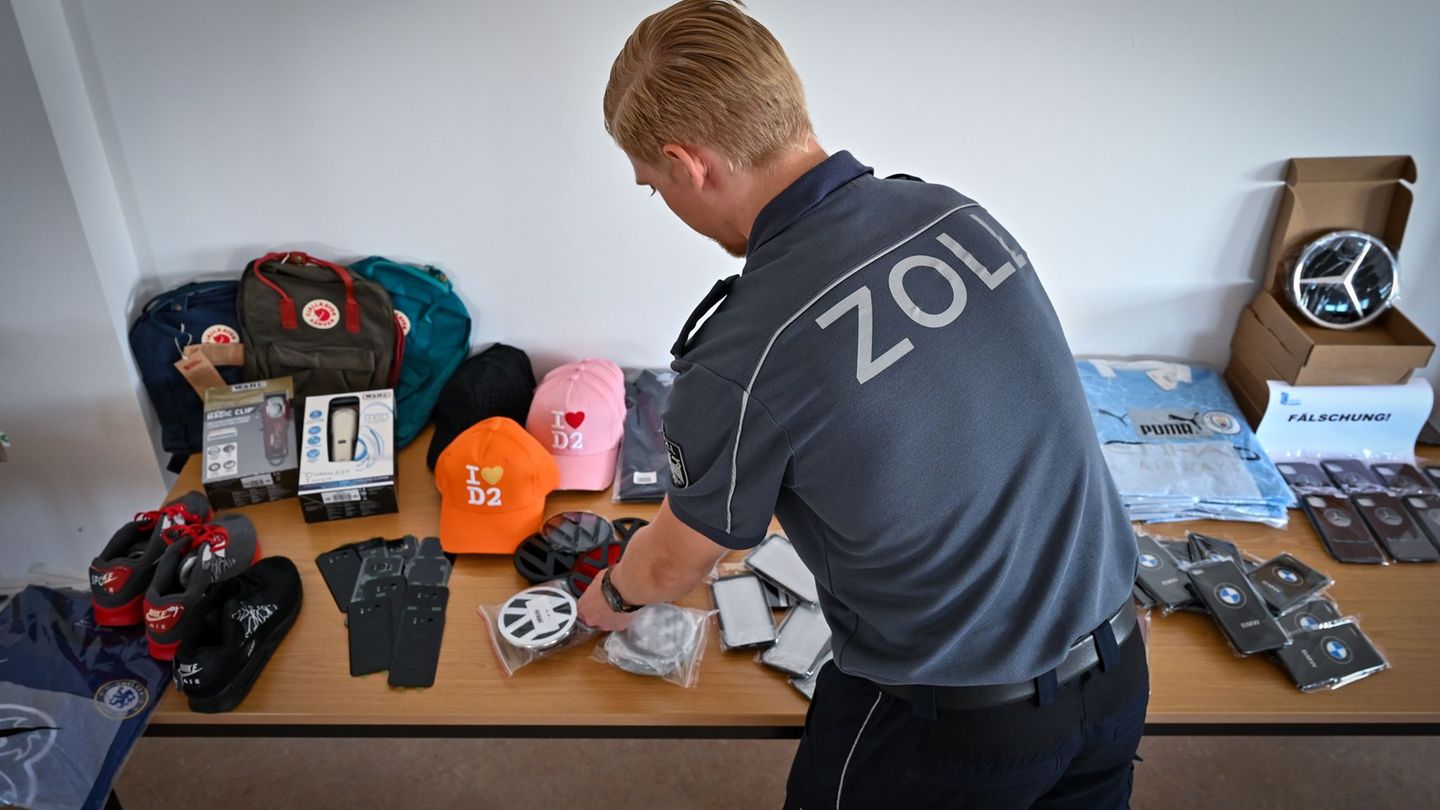After Biontech and Moderna, Astrazeneca also starts producing a vaccine against Omikron. A researcher from the University of Oxfold says the active ingredient reacts faster – also to other variants.
The Swedish-British pharmaceutical company Astrazeneca has started production of a new corona vaccine together with the University of Oxford. As the “Financial Times” reports, it is an updated version of the existing active ingredient. This is aimed specifically at the new virus variant Omikron. However, the vaccine should “react more quickly to any further variant”, as Sandy Douglas, research group leader in Oxford, told the newspaper.
“As with many previous variants of concern, we have taken preliminary steps with our partner Astrazeneca to manufacture an updated vaccine should it be needed,” said Douglas.
In Great Britain, the situation has worsened massively because of the Omikron variant. More than 90,000 new corona cases were registered in the United Kingdom on Monday alone – a new high since the pandemic began, which underscores the exponential spread of Omikron. The new variant is now considered to be dominant there. In the UK, over 128 million vaccine doses have been administered to date, including boosters. However, most will be the first dose. .
Omikron paralyzes the economy
The economy is particularly hard hit by the new virus mutation. From rail traffic to the entertainment industry to the fire brigade, the mutant leads to personnel bottlenecks because employees fall ill and have to be isolated.
The train operators Avanti West Coast and Lner had to adjust their operating times because many employees are sick or isolated. Nevertheless, they are trying everything to adhere to the schedule, the companies told the AFP news agency.
Cultural establishments are also affected. In Edinburgh, Scotland, the much-visited Edinburgh Castle had to close due to sick employees – as well as the famous Natural History Museum in London. West End theaters in the British capital have also canceled performances, including the Nutcracker and the Lion King, to protect both the actors and the audience.
Hotels and restaurants are not spared either. Announcements of closures are increasing in online networks. “We apologize for all the table reservations that we had to cancel,” says the Duke of Richmond pub in London on Instagram. “We have to close for the safety of our remaining employees and our customers.”
Government shies away from strict measures
The government of Prime Minister Boris Johnson, who was recently criticized for a number of scandals, has so far been sticking to rather cautious measures, including the appeal to work from home and a corona passport for vaccination or test status for nightclub visits and larger events.
The conservative prime minister has so far rejected specifications, for example to limit the number of households that are allowed to meet in cramped indoor spaces, mainly out of fear of further resentment in his party, which is reluctant to renew restrictions on freedom, including with a view to the economy. At the same time, there are disastrous forecasts by Johnson’s scientific advisors about the potential development in the number of deaths and hospital admissions through April.
On the other hand, the employers’ association CBI warns that fears of consumers in connection with Omikron in the middle of the Christmas business, which is usually particularly important for retailers, “put a strain on sales”. Many companies, for example from the hospitality industry, which has been particularly hard hit since the beginning of the pandemic, had to struggle with staff shortages even before Omikron – due to Brexit, among other things.
The situation in many schools where the virus is rampant is also problematic. Education Minister Nadhim Zahawi called on retired teachers to return to teaching, at least temporarily, and thus to make up for the loss of sick teachers.
Concern about the collapse of the health system
In London, unions have already warned that fire services are facing an “unprecedented” labor shortage. The operational readiness is not yet endangered.
The biggest concern is that sick or quarantined staff will weaken the health system even further. With more than 147,000 deaths, Great Britain is already one of the countries in Europe hardest hit by the Corona crisis.
Sources:,, AFP
Source From: Stern




